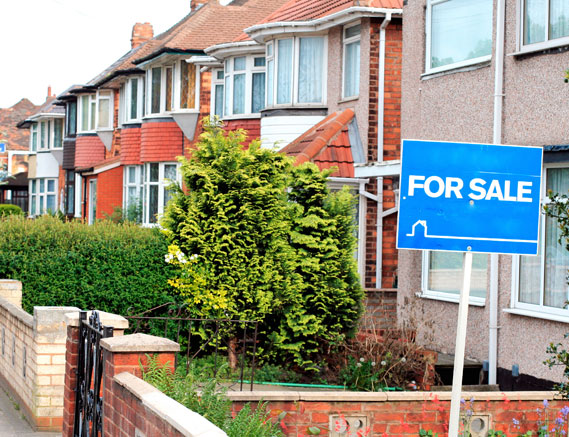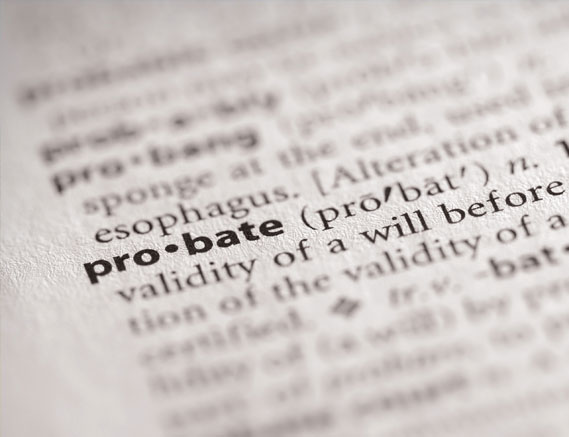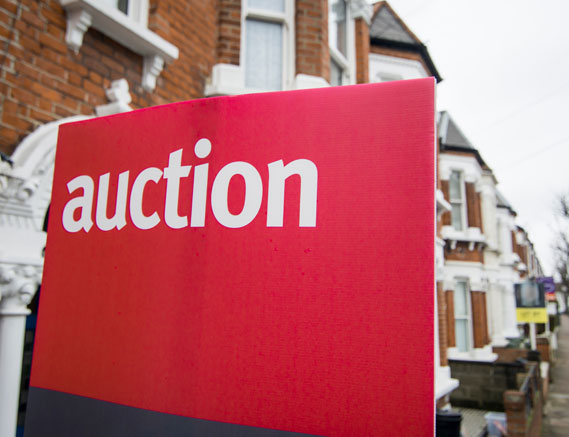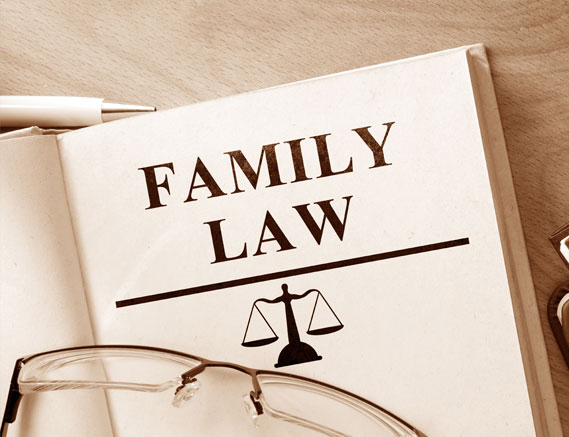Introduction
Residential landlords already struggling to keep up with legislation and guidelines, including tenant protections extended by the government during the pandemic, face more changes. These include the Renters Reform Bill and the Social Housing Regulation Bill.
Key Changes for Private Landlords
The Decent Homes Standard will apply to the private sector for the first time, and Section 21 ‘no fault’ evictions will be banned. A simpler tenancy structure will be introduced, moving from assured and assured shorthold tenancies to a single system of periodic tenancies.
Landlord's Rights
Landlords can still evict tenants for legitimate reasons such as non-payment of rent or anti-social behavior. Rent increases will be limited to once a year, with easier routes for tenants to challenge increases.
New Regulations
There will be a new Ombudsman service for dispute resolution and a Property Portal for compliance and information. Landlords cannot ban renting to families with children or those on state benefits, and they must provide reasons for refusing tenant requests to keep pets.
Impact on the Market
These changes may lead many private landlords, especially accidental landlords, to consider exiting the rental market or moving into short-term holiday lets.
Conclusion
With these fast-moving changes, regular guidance and staying updated is essential for landlords. Clear advice on the legal and financial implications can help avoid significant issues.
Other Articles Articles

Lines open Monday to Friday, 9am to 5pm
















